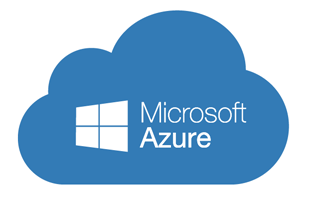Microsoft Azure Administrator
This 3-day course immerses learners in the overall concepts, processes, policies and methods associated with the Continual Service Improvement (CSI) phase of the Service Lifecycle. The course covers the management and control of the activities and techniques within the CSI stage, but not the detail of each of the supporting processes. This course is designed using an engaging scenario-based approach to learning the core disciplines of the ITIL best practice and positions the student to successfully complete the associated exam.
Microsoft Azure Administrator (AZ-104)
Candidates for the Azure Administrator Associate certification should have subject matter expertise implementing, managing, and monitoring an organization’s Microsoft Azure environment.
Responsibilities for this role include implementing, managing, and monitoring identity, governance, storage, compute, and virtual networks in a cloud environment, plus provision, size, monitor, and adjust resources, when needed.
An Azure administrator often serves as part of a larger team dedicated to implementing an organization’s cloud infrastructure.
A candidate for this certification should have at least six months of hands-on experience administering Azure, along with a strong understanding of core Azure services, Azure workloads, security, and governance. In addition, this role should have experience using PowerShell, Azure CLI, Azure portal, and Azure Resource Manager templates.
The components of the training program include:
• Course Certificate: TBD
• Duration: 2 daysweek for 4 weeks (32 hours)


